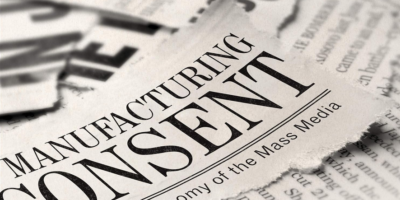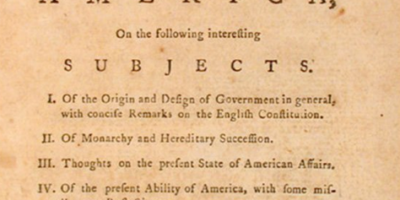By Marcus Flores
Egypt’s trial run with democracy ended in an abrupt transition from civilian to military rule, spawning an unusual number of critics of American foreign policy. Eugene Robinson of the Washington Post writes that in the spirit of democracy, Egyptian President Mohammed Morsi’s fate ought to have been decided at the ballot box rather than through a military coup. It’s a noble sentiment, but what if the Egyptians unwittingly elected a dictator?
Suppose such a leader appointed a terrorist to preside over the same city, Luxor, where his terrorist group smiled as it butchered 62 tourists; that such a leader’s party crafted the state constitution to read like a surah of the Koran; that, in regard to the September 11 attacks, he seriously said “When you come and tell me that plane hit the tower like a knife in butter, then you’re insulting us…something must have happened from the inside” ; that he forced the retirement of old generals because he preferred the more malleable younger officers. Suppose he then packed parliament with appointees from his own party and declared his executive orders supreme law of the land; that he aptly demonstrated his authoritarian instincts when he jailed bloggers and journalists for petty insults.
Honest question for Robinson: does that series of events not describe a protracted coup, albeit, by a legitimately elected leader?
Morsi wasthat leader, and he was absolutely guilty of all of the above. He marginalized seculars, liberals, and other opposition elements—in effect subjecting the people to the yoke of a single party dictatorship piloted by the Muslim Brotherhood. This reckless course suggests that Morsi never bothered with studying the policies that kept Mubarak’s Egypt stable (though for a 9/11 truther, poor judgment is simply par for the course). Mubarak, ruthless despot that he was, at least acknowledged the legitimacy of the judiciary and kept a low public profilei. He also maintained a stable relationship with Coptic Christians and kept a lid on extremist behavior. And in the end even he was not immune to the young Egyptians who took to Tahrir Square in 2011.
Imagine now the bewilderment of those same young Egyptians who observed the United States pivot to support a megalomaniac goon like Morsi. If the bloggers and journalists—in other words, the educated class of people key to toppling Mubarak—can’t count on the United States in such elementary matters as supporting the good guy and punishing the bad guy, of what practical use is a relationship with the West? Yes, Mubarak was bad, and no, the Muslim Brotherhood was never officially allowed under him. He may have jailed a few members here or there but he sure as hell didn’t massacre them by the hundreds. Now if Brotherhood members, no doubt cognizant of US aid to the Egyptian military, can be gunned down with relative impunity, why should they suddenly want to take a more moderate approach to governance?
The political problems are just one of other potential perils, such as the loaded springs of religious groups. Were Egypt to again experiment with democracy, is there any guarantee that a number of extremists won’t force their way into parliament by, say, running as independents? Or what if one group went so far as to seek the destruction of another? (Notice how quickly Islamists turned their torches toward Coptic churches. Socio-cultural tensions evidently lie right beneath the surface.) Would those tensions have to be mediated by a nation that has, for the moment, lost all of its influence in the country it desires to help? Should Egyptians try democracy again under US guidance, how long would it be before a democratic government could be expected to reliably protect minority rights on its own? Answers to these questions are absolutely vital because in writing checks to the powers that be, America shoulders partial responsibility for the outcome—for better or, more likely, for worse.
Already, years of aid have made the US complicit in the military’s bloody crackdown on the Muslim Brotherhood; we once again have to contend with the Promethean threat of blow back down the road. President Obama’s decision to cut off foreign aid to Egypt was correct, although now, with our credibility blown to tatters, we ought to fully reevaluate whether it’s wise to support volatile Middle Eastern governments at all. Let us hope policy makers come to their senses as we inch toward intervention in Syria, because avoiding the Middle Eastern minefield altogether is better than having to tip toe out of it.




1 Pingback